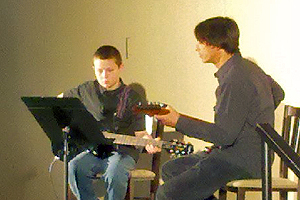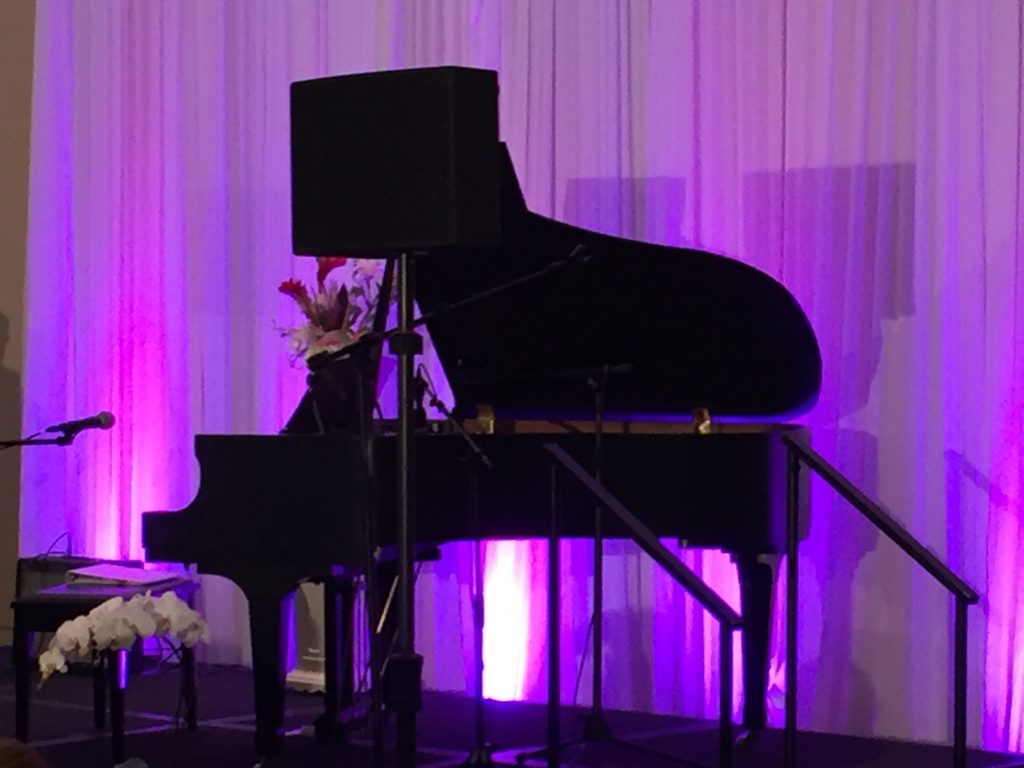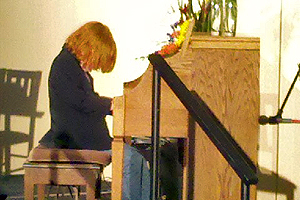July Music Blog 2022
Dean Cutinelli here from the Colorado School of Music. Remember we are just a call away to start your private music lessons. We offer guitar lessons, piano lessons, drum lessons, Violin lessons, vocal lessons as well orchestral instruments. Now on to our discussion about modes part 2.
At the being of July I posted part 1 of this two part general over view of the modes. The part will primarily deal with the minor modes or sounds. First lets discuss the natural minor scale as is will be our tonic for this discussion. Your natural minor scale is defined as having a b3rd, b6th and a b7th when compared to a major scale. (Please see part 1 for a break down of the major scale.) The natural minor scale is constructed the as the aeolian mode. They are equal. My favorite minor mode is dorian. The dorian scale or mode has a raised 6th or #6 when compared to the natural minor scale. This one half step creates a whole new minor sound. Listed to como va by Santana to hear to hear him make the dorian scale dance over a classic minor two dominant five chord progression. Your next minor mode is Phrygian mode. The phrygian mode has a b2nd when compared to the natural minor scale or aeolian mode. Let’s say you had a minor one to a minor four chord progression. Of course your first thought should be I’m going to jam the minor scale off the one chord root and i’m good to go! Yes this is true but if you also wanted to try playing the phrygian scale also starting on the minor one chord root you would be playing the equivalence to making the minor four chord actually the minor one and the minor one now become the minor five chord. Sorry for the mouth full of music theory here but I wanted to make sure I brought it full circle. Just to clarify here is an example: A minor to D minor. Try playing A aeolian and A phrygian Over this minor progression.
Remember to cleanse your ear pallet when you switch from one mode to the next. If your not sure what that is come on in and try an introductory lesson from one of our great instructors or myself. We offer guitar lessons, piano lessons, drum lessons, violin lessons and vocal lessons as wells as some orchestral instruments.
Thank you for reading!





